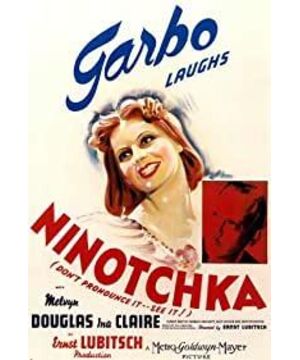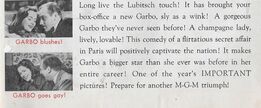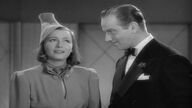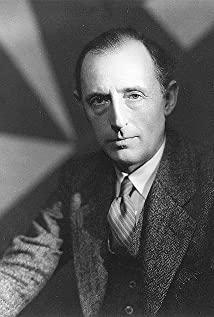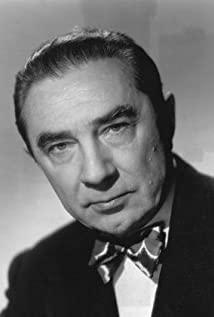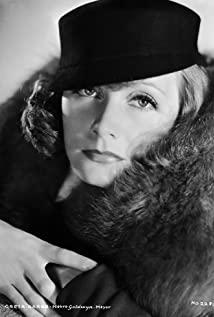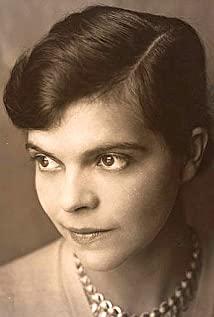Liu Bieqian’s comedy technique is indeed superior. Although the film is a bitterly mocking of the rigidity, dogma and violation of human nature of the communist revolution through a process in which a "Bolshevik lady" (played by Garbo) is corrupted by the colorful world of Paris, the content is nothing. Preaching, not low-level fun, every tit-for-tat focus is just right.
They realized this in 1939 (and to be honest, "they" was satirically polite). For people who grew up under my education background, the feelings after observing it can be imagined. So I recommend my mom to watch it again. Originally, I thought she would agree with the irony. I didn’t expect that the deep-rooted education and concepts could not be easily removed. My mother showed great anxiety, especially when I saw Lenin’s portrait opened. When it was a little joke. At the end, she solemnly said that this movie is not right, no matter what, the protagonist can't dislike his country; she told me not to watch this kind of movie in the future.
In fact, this is just a joking movie. From it, I see the fear buried deep in the hearts of my parents' generation, the fear of politics, and the pain of being withdrawn and denied the political beliefs that I believed in since I was young. No wonder they often love to behave fiercely to conceal their inner fragility and hurt.
I really didn’t expect that a simple old entertainment movie could elicit such topics; recently I have discovered more and more the rich treasures in my parents’ generation, even though they may seem trivial, not worth mentioning, or even absurd. , Is still wealth.
Closer to home. Garbo's serious appearance in the first half, and the theory that he talked about all the time, was indeed a lot like that. The uniforms of the Soviet Union at that time were still very elegant and decent. She laughed loudly in the workers' restaurant, although it made me laugh with me, but it always felt very stiff. Although I agree with the comments that year, Garbo is also a good player in comedy-compared with others, it is indeed obvious-but compared with her own tragic image in the past, it was suddenly overshadowed. Her past roles were so successful. The flesh and blood of her face, her eyes, and the corners of her mouth seemed to have set their responsibilities; in the process of observing, I would inadvertently want to read the tragedy from her eyes. The meaning.
I think the worst thing is that the film stripped her of her mysterious temperament without mercy; who wants to see Garbo unveiled?
View more about Ninotchka reviews


